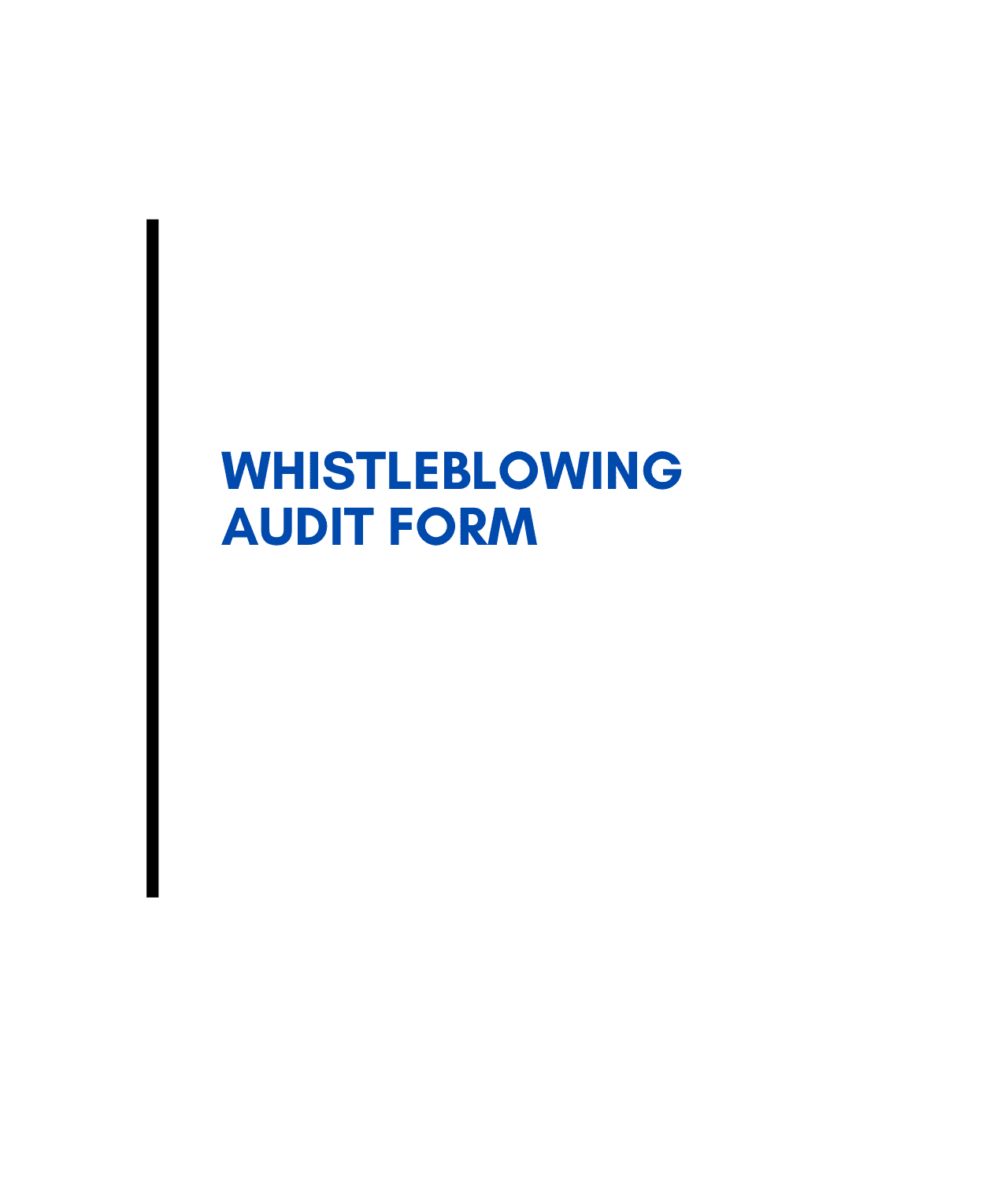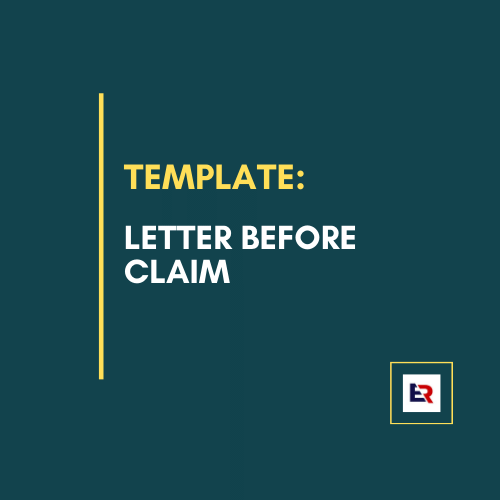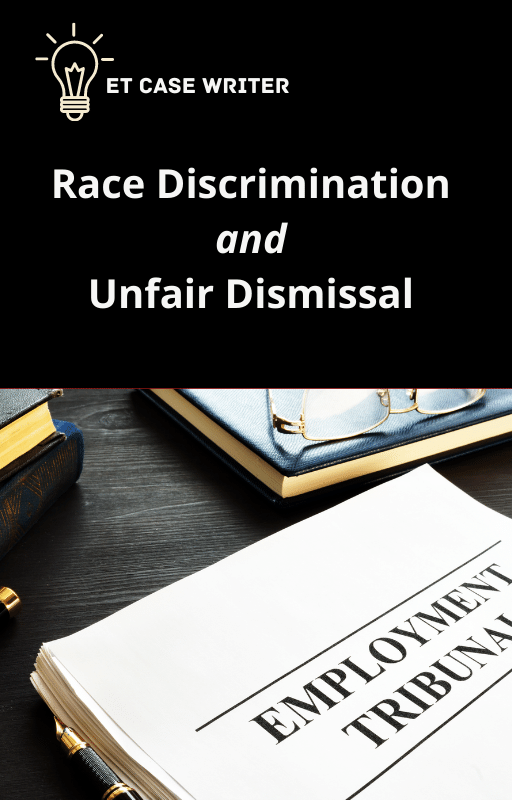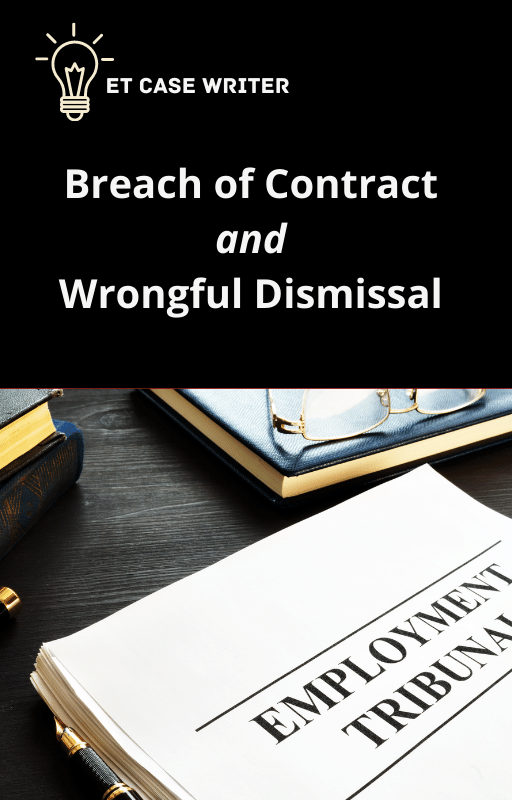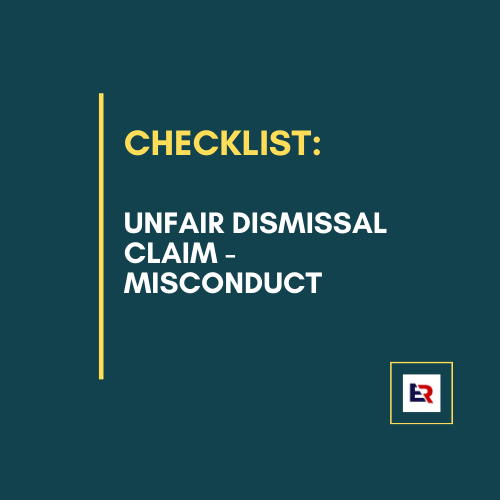
Unfair dismissal claim checklist for misconduct
Under s98(2)(b) ERA 1996, it is potentially fair to dismiss for a reason that ‘relates to the conduct of the employee’. ERA 1996 does not describe the kind of conduct that would justify dismissal, but conduct refers to doing something wrong such as dishonesty, fighting, harassment, lateness or absences without permission. It is the only ground in which summary dismissal is permitted. You can be summarily dismissed(instant dismissal with no notice pay) for gross misconduct, which includes the most serious types of misconduct such as ‘theft or fraud, physical violence, gross negligence or serious insubordination’. Use this checklist to craft your claim correctly and increase your chance of success in the Employment Tribunal.
Content
This unfair dismissal claim checklist for a misconduct dismissal, provides you with detailed points, guidelines and resources that correctly address the statutory formula for unfair dismissal in the Employment Rights 1996. The right not to be unfairly dismissed is a statutory right provided by section 94 ERA 1996. This right is qualified by the requirement of two years continuous service, and proof of dismissal.
In an unfair dismissal misconduct claim, once you have cleared these hurdles, the responsibility shifts to your employer to show that you were dismissed for misconduct and that they acted fairly in dismissing for that reason. That is where your fight starts, and this checklist comes in handy. Please note that this is a checklist only. It does not come with legal guidance, strategies or a template. For a comprehensive guide with the law on unfair dismissal, this checklist and a template see Unfair Dismissal Claim [Misconduct] Template with Guidance. For a template only see Unfair Dismissal Claim Template [Misconduct]

